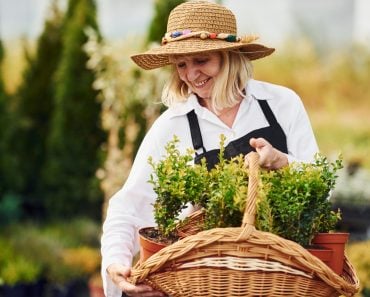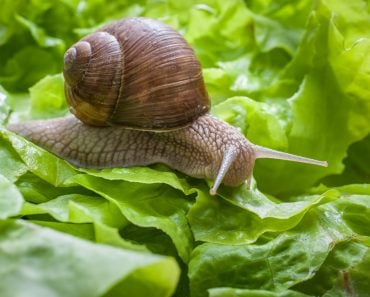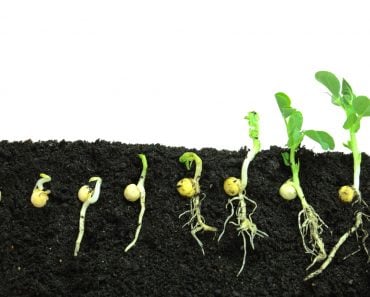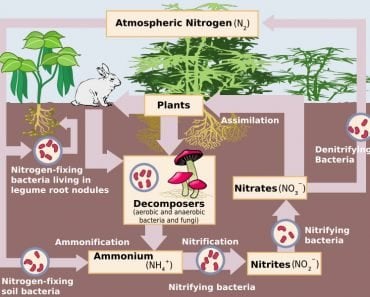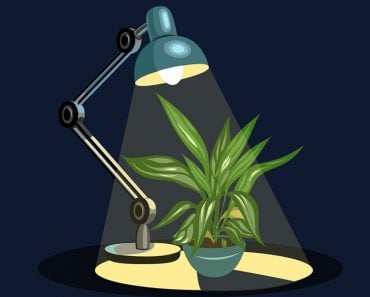Table of Contents (click to expand)
Over-watering a plant can severely limit the supply of oxygen that roots need to function properly. Too much water can also lead to root rotting and the irreversible decay of roots.
One of the first things that you learn when you first start to garden is that you should never over-water plants, unless you want to see them die. However, what is so dangerous about over-watering that it deals a death blow to young plants and saplings?
Recommended Video for you:
Why Does Over-watering Kills Plants?
Short answer: Over-watering severely limits (or even cuts off) the supply of oxygen that roots depend on to function properly, meaning that plants do not get adequate oxygen to survive. Furthermore, too much water can also lead to root rotting and the irreversible decay of roots.
Over-watering Adversely Affects The Availability Of Oxygen To The Roots
This is the primary reason why too much water can kill a plant. You see, just like humans, plant roots also require air to stay alive. Plant leaves extract carbon dioxide from the air to make their ‘food’ (starches and sugars, more specifically), but they also need oxygen to stay healthy. Obtaining oxygen is the duty of roots, as they help to procure nutrients for the plant and stay healthy.
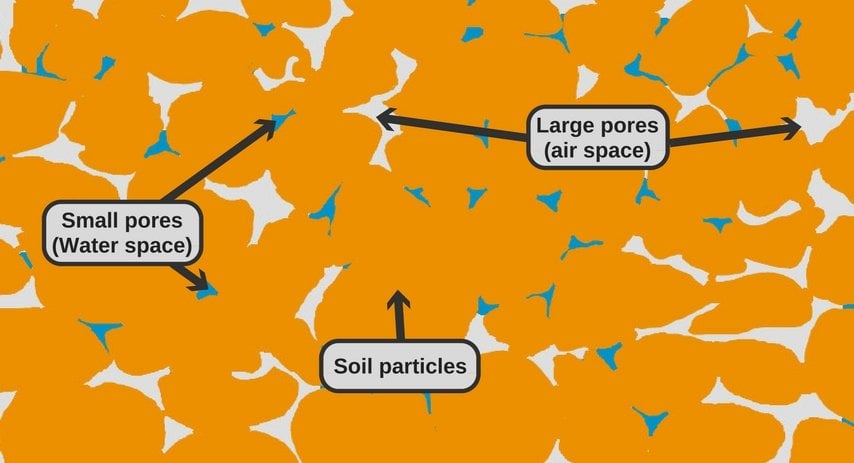
As you can see in the image above, oxygen is stored in tiny air pockets in the soil surrounding the roots. An excess of water causes these small air pockets to lose oxygen, meaning that the roots lose access to a crucial resource.
Root Rot
As the name clearly implies, root rot is basically the rotting of roots, typically caused by waterlogging or poor drainage. There are certain fungi that cause root rot, including phytophthora, pythium and rhizoctonia. The condition is more common in houseplants than outdoor ones, and often leads to the death of the plant. It causes the roots to decay and renders them unable to supply essential nutrients and water to the plant.
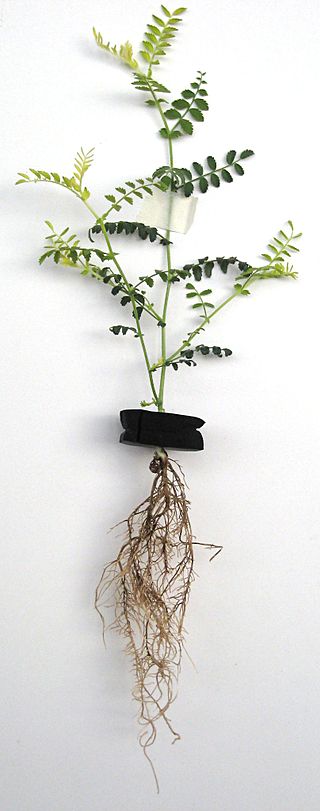
As there is no way to reverse root rot, it’s generally recommended to water a plant (especially a houseplant) only when the surrounding soil becomes dry, as this minimizes the risk of waterlogging.
Not Enough Water
It might seem counterintuitive at first, but over-watering a plant can deprive it of the very thing it has an excess of – water. You see, plants have root hairs that absorb water (and nutrients) from the soil and subsequently transport that water to various parts of the plant. Continued exposure to waterlogged conditions causes these root hairs to die out. Therefore, plants gradually lose the part that’s responsible for absorbing oxygen, which is how over-watering kills plants due to its need for water itself!
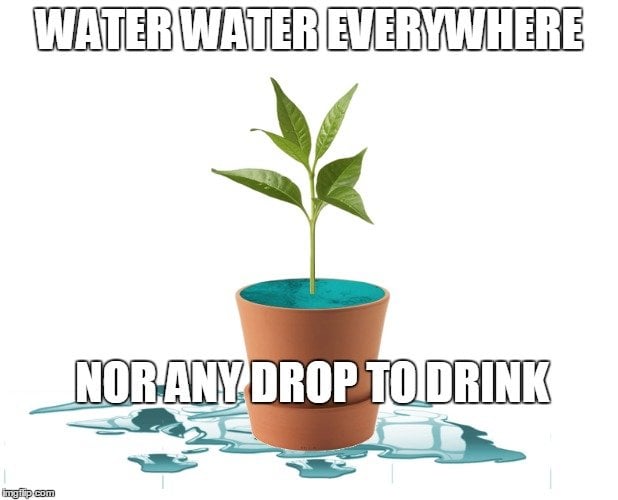
Excess Water Washes Out Fertilizers
Fertilizers are added to soil to supplement its nutritional profile and aid the growth of the plant within it. Over-watering can potentially wash out these fertilizers, which can deprive plants of certain essential nutrients.
How To Avoid Over-watering Of Plants?
The first thing you should do in order to avoid over-watering plants (especially indoor ones) is check the surrounding soil and determine whether it needs more water.
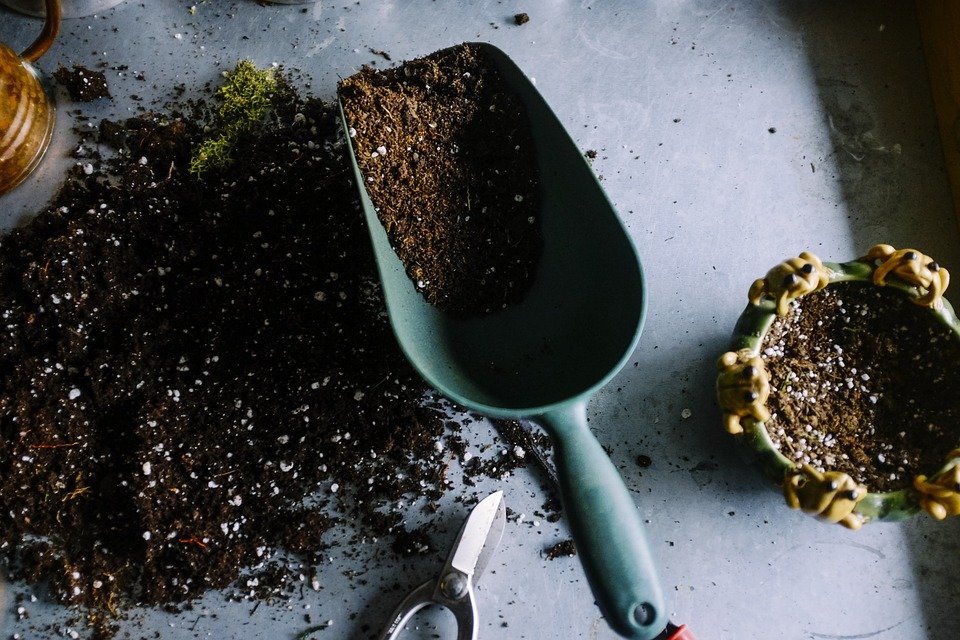
Don’t judge the wetness of the soil just by looking at the surface – you can use a soil probe or a hand trowel to get a better idea of the moisture of the soil. People also try lifting their pots to estimate the water content based on its weight (a heavy water pot usually indicates an excess of water).
There are certain gadgets (like indoor/outdoor moisture sensors, soil water monitors etc.) that can help you ascertain the amount of moisture the soil needs or has at a given time.
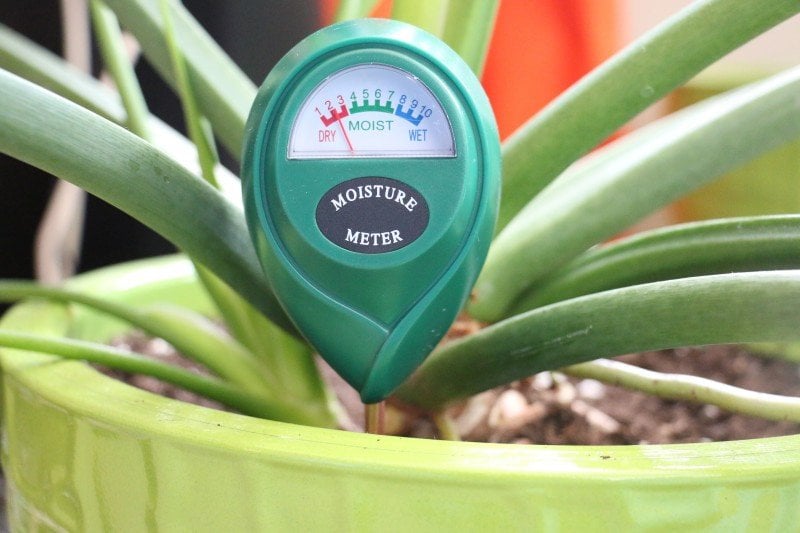
For more tips and precautions regarding the optimum watering of plants, you can check out this article.
Needless to say, optimal watering of plants is a very important aspect of gardening and should be understood carefully, since it has the potential to ruin your plants or help them stay healthy for years!


